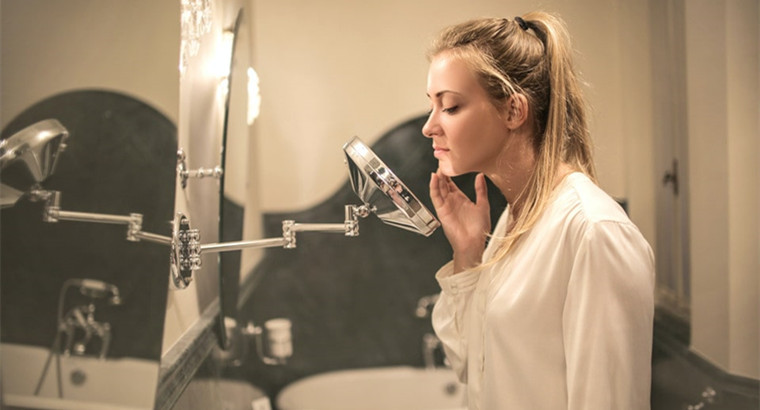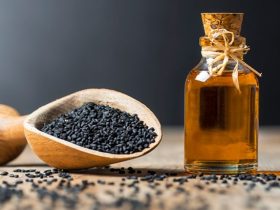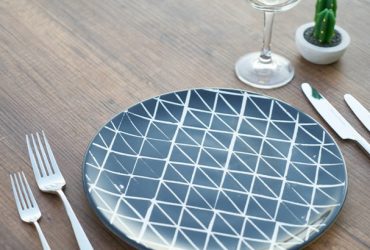Retinol is one of the best-known over-the-counter remedies for skin problems. It is a powerful active ingredient that is known to help with a range of skin issues. However, you may experience skin irritation or breakouts in the first few weeks of using retinol. This is part of the process of healing and is also known as the adjustment period or purge.
Wondering can retinol cause acne? If you’re experiencing breakouts or any other side effects from retinol use, don’t worry. Here’s a detailed and informative guide on why this is happening and what you can do about it.
Retinol Introduction
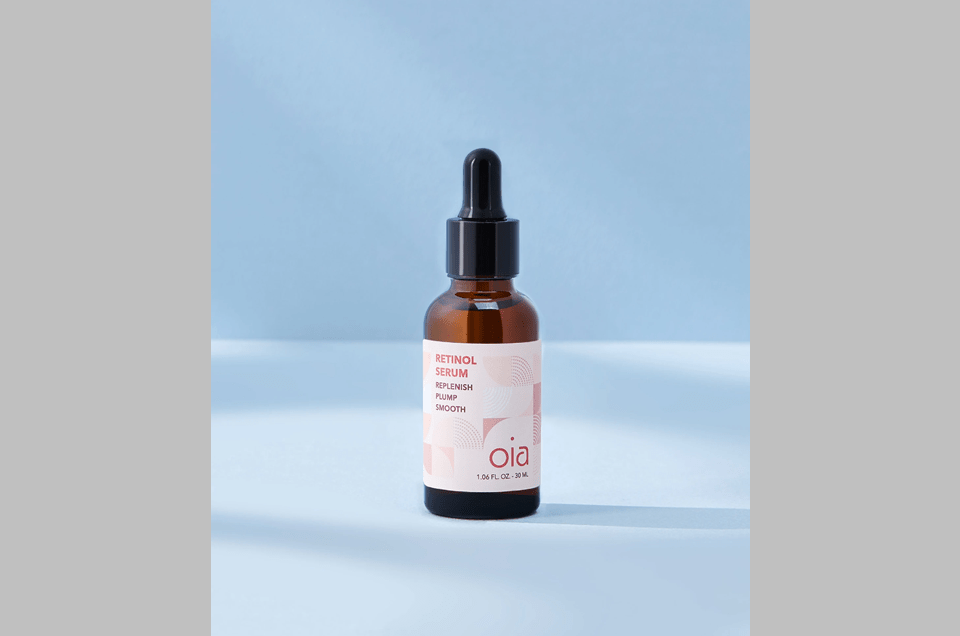
Image source: Pinterest
Retinol is a form of retinoid and is a vitamin A derivative. It is often consumed as either a dietary supplement or used as a topical medication. Retinol is primarily used to treat skin concerns such as wrinkles, dark spots, and acne.
An important distinction to remember is that retinol and retinoid are not the same. Retinoid is much more potent and must be prescribed by a professional. Retinol is a type of retinoid that can be purchased over the counter. It has many potential skincare benefits, although there are also a few side effects you should be aware of.
What Does Retinol Do?
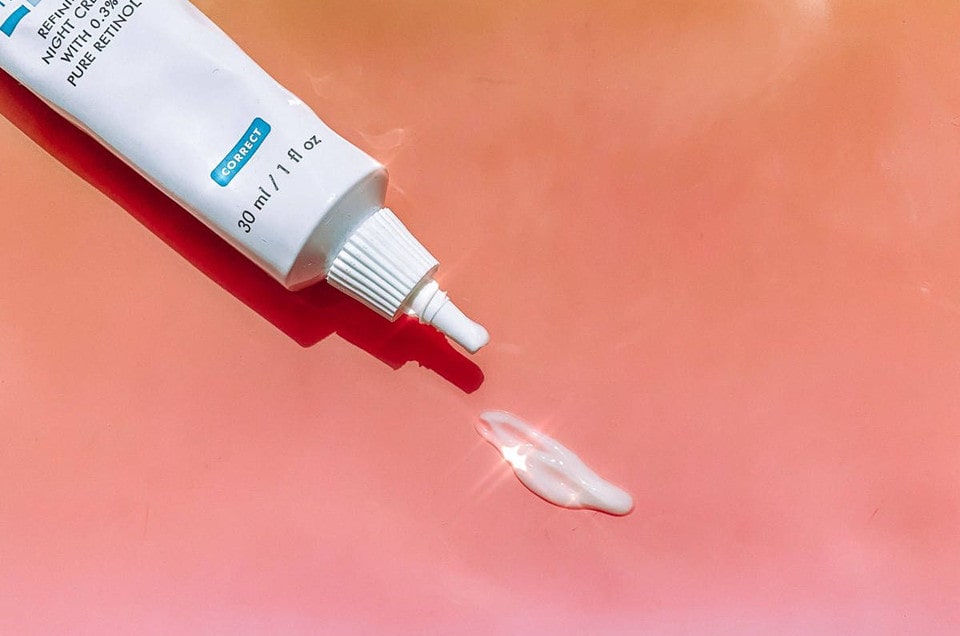
Image source: Pinterest
The molecules of retinol go deep beneath the layers of your epidermis to increase skin cell regeneration and stimulate the synthesis of elastin and collagen. The plumping effect this creates helps eliminate fine lines, wrinkles, and enlarged pores. Long-term use of retinol promotes fresh and younger-looking skin that’s free from blemishes and breakouts.
Retinol also helps to enrich the tone and texture of your skin by exfoliating the upper layers, or dermis. This helps address clogged pores, keeps your skin hydrated, and controls excessive sebum production. Experiencing the full benefits of retinol, however, can take time. It’s one of those “things get worse before they get better” situations.
What Is Acne?
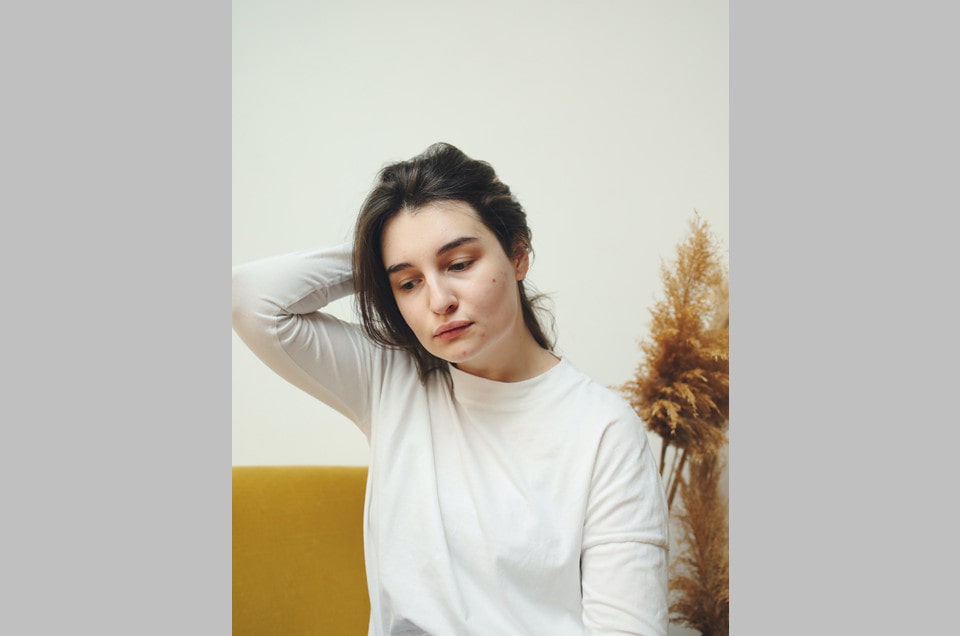
Acne is a form of breakout that occurs on your skin, often when excessive sebum production clogs your hair follicles.
Sebum is the oily substance your skin produces to moisturize and protect your skin. A combination of sebum, dead skin cells, dirt, and bacteria can trigger inflammation and infection, resulting in severe acne.
There are many types of acne, such as:
#1. Blackheads
#2. Whiteheads
#3. Papules
#4. Nodules
#5. Pimples
#6. Cysts
Acne tends to be a persistent condition that can not only scar the skin but also cause emotional distress. There are several treatment options available, of course, but the healing process is often slow.
Can Retinol Cause Acne?
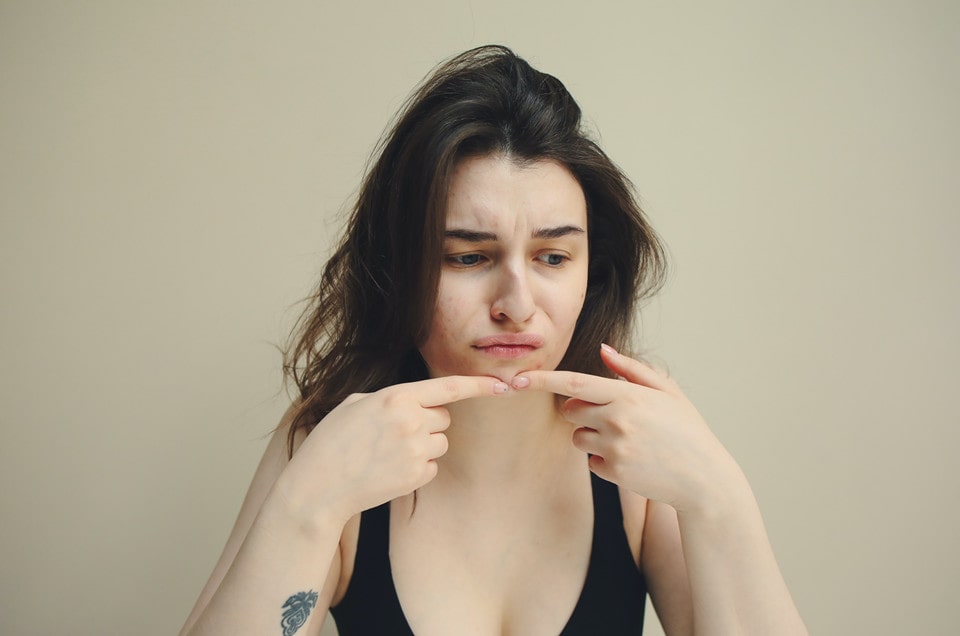
Retinoid medications are known to cause different side effects in the short term depending on the skin type.
Retinol is known to cause skin peeling, dryness, irritation, redness, and yes, acne too. It’s referred to as the “purge” phase, and it can last for up to six weeks. This happens because your skin needs time to adjust to retinol. There’s no other choice but to power through this phase, but the rewards are worth it.
However, if you have highly sensitive skin, you should approach retinol with caution. It usually works for most skin types but one size doesn’t fit all. Pregnant or lactating women are advised not to use retinol. People who spend a lot of time in the sun without any protection are also advised against using retinol.
Does Retinol Make Skin Worse Before Better?
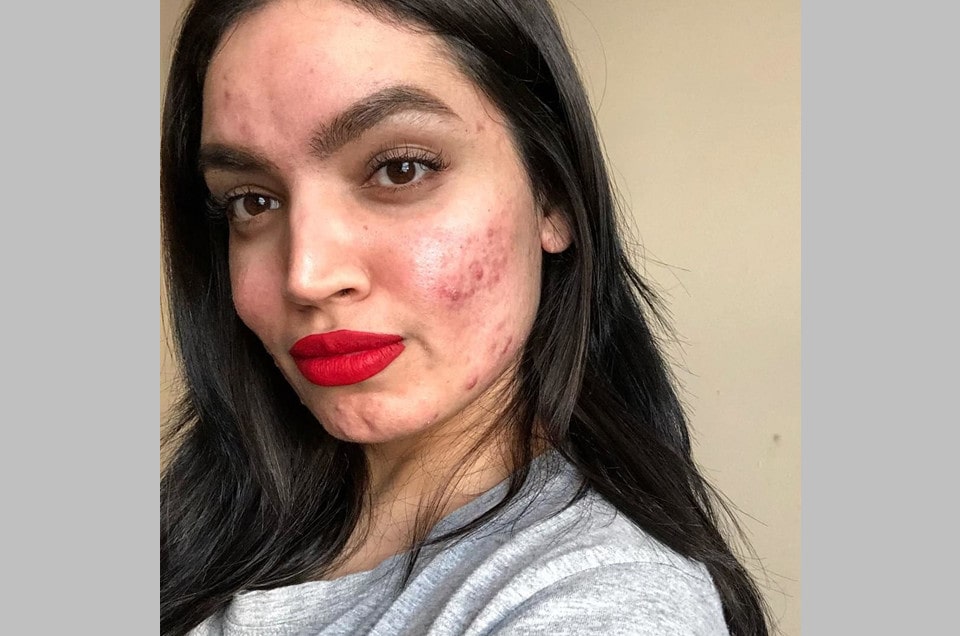
Image source: Pinterest
Retinol will make your skin worse first. The skin cell turnover that retinol triggers can make your skin more susceptible to breakouts and different forms of irritation.
Once all the comedones are expelled along with any skin impurities, you will have fresh, younger-looking skin and experience significantly reduced breakouts in the future.
As retinol affects the deeper layers of your skin, it also makes your skin more sensitive and can cause dryness or inflammation. But these side effects usually subside within two to four weeks.
Should I Stop Using Retinol If Breaking Out?
Skin purging is a test of patience. Increased breakouts are a rare but normal side-effect in the short term when using retinol.
If you start experiencing breakouts, it’s a sign that the retinol is in action. So, don’t stop using it. You need to keep using it after the acne clears up too.
However, if you experience painful cystic bumps, it’s best to consult your dermatologist.
How To Use Retinol Products
It’s recommended that you seek a skincare professional to determine the right potency of retinol you should use. Ideally, you should start with the lowest concentration. Begin with a pea-sized amount of Retinol and spread it gently all over your face, avoiding your eyes and lips.
Use it once a week at first to allow your skin to get used to it. You can then increase the usage gradually.
As retinol also makes your skin photosensitive, using sunscreen is a must. Use an SPF of 30 or higher every day.
Side Effects of Retinol
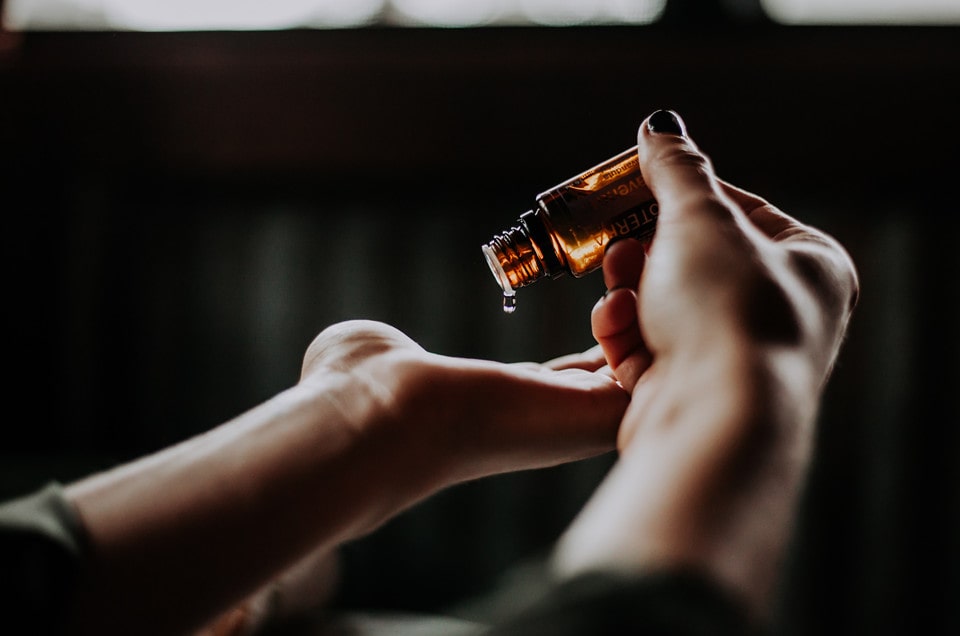
According to Healthline, the typical side effects of retinol include:
#1. Acne breakouts
#2. Redness
#3. Dry flaky skin
#4. Peeling
#5. Irritation
The following side effects are rare but possible:
#1. Eczema flare-ups
#2. Swelling
#3. Skin discoloration
#4. Stinging sensation
The adjustment period is only a few weeks, after which the side effects should start to clear up.
How To Safely Use Retinol
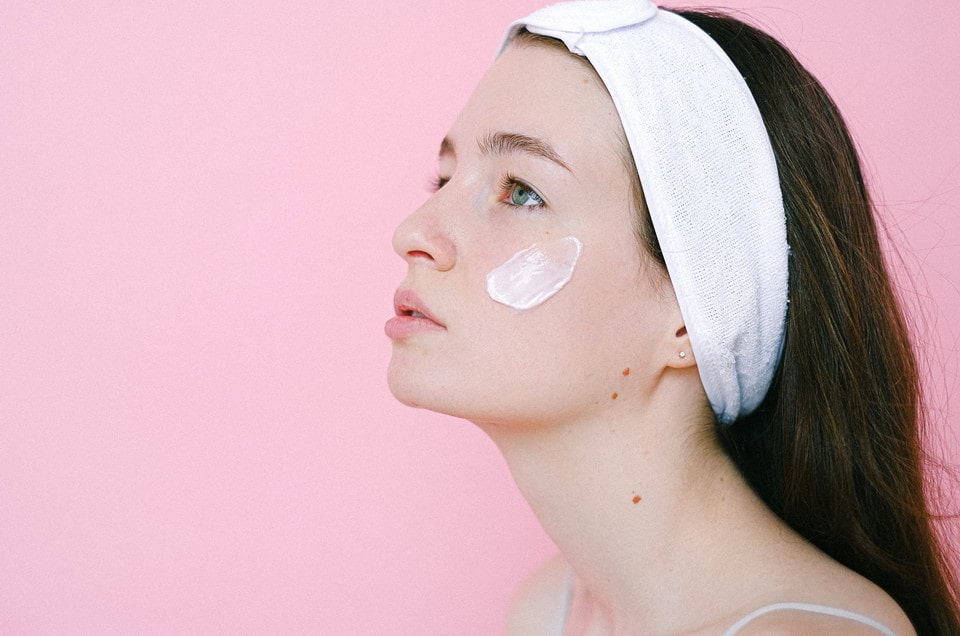
If you start to experience extreme side-effects from retinol use, here are some additional measures you can take to alleviate the discomfort:
#1. Make sure you’re using a low concentration of retinol.
#2. Use a moisturizer twice daily to maintain your skin barrier.
#3. Avoid harsh sunlight when using retinol. Sunlight can cause an adverse reaction that exacerbates the side effects of retinol. Apply retinol at night and always use SPF in the day, even when you’re not using retinol.
#4. Try the buffering method by using a moisturizer first and then applying retinol to avoid irritation.
Treatment For Acne
Acne is generally treated by a combination of topical medications and skin care measures you can take at home. However, if you have severe acne, your doctor may recommend additional or alternative treatment options that include oral drugs and other therapies.
Topical Medications:
#1. Benzoyl Peroxide
#2. Salicylic Acid
#3. Azelaic Acid
#4. Retinoids
#5. Antibiotic Cremas
#6. Dapsone Topical Gel
Oral Medications:
#1. Antibiotics
#2. Oral Contraceptives
#3. Isotretinoin (A Strong Oral Retinoid)
Other Therapies:
#1. Laser Treatments
#2. Steroids
#3. Chemical Peels


